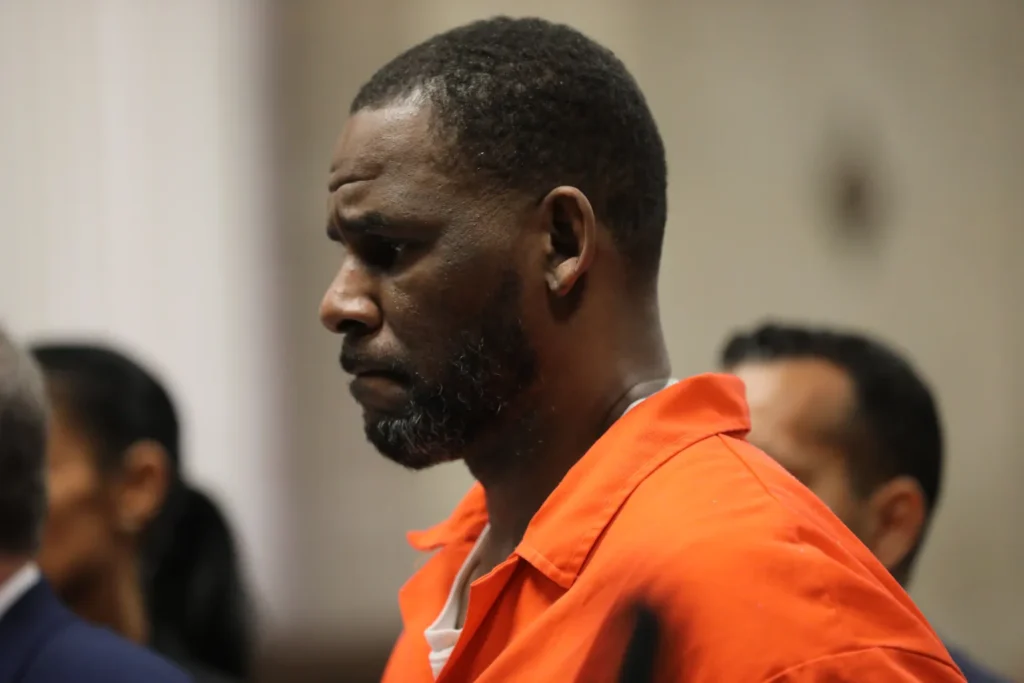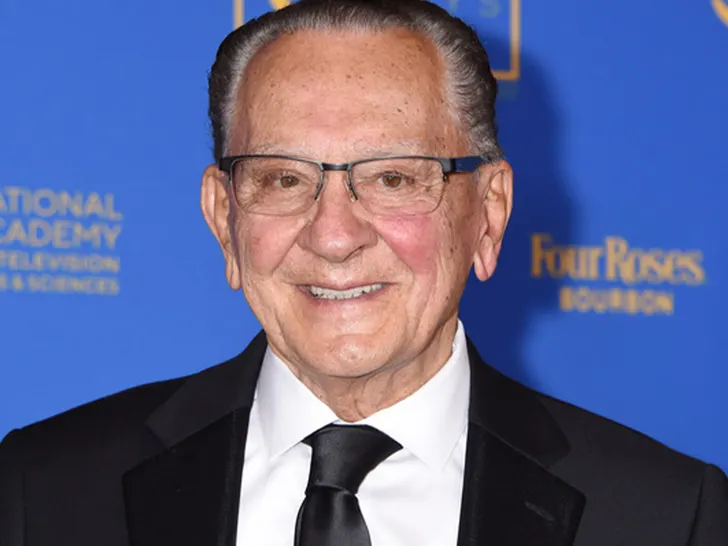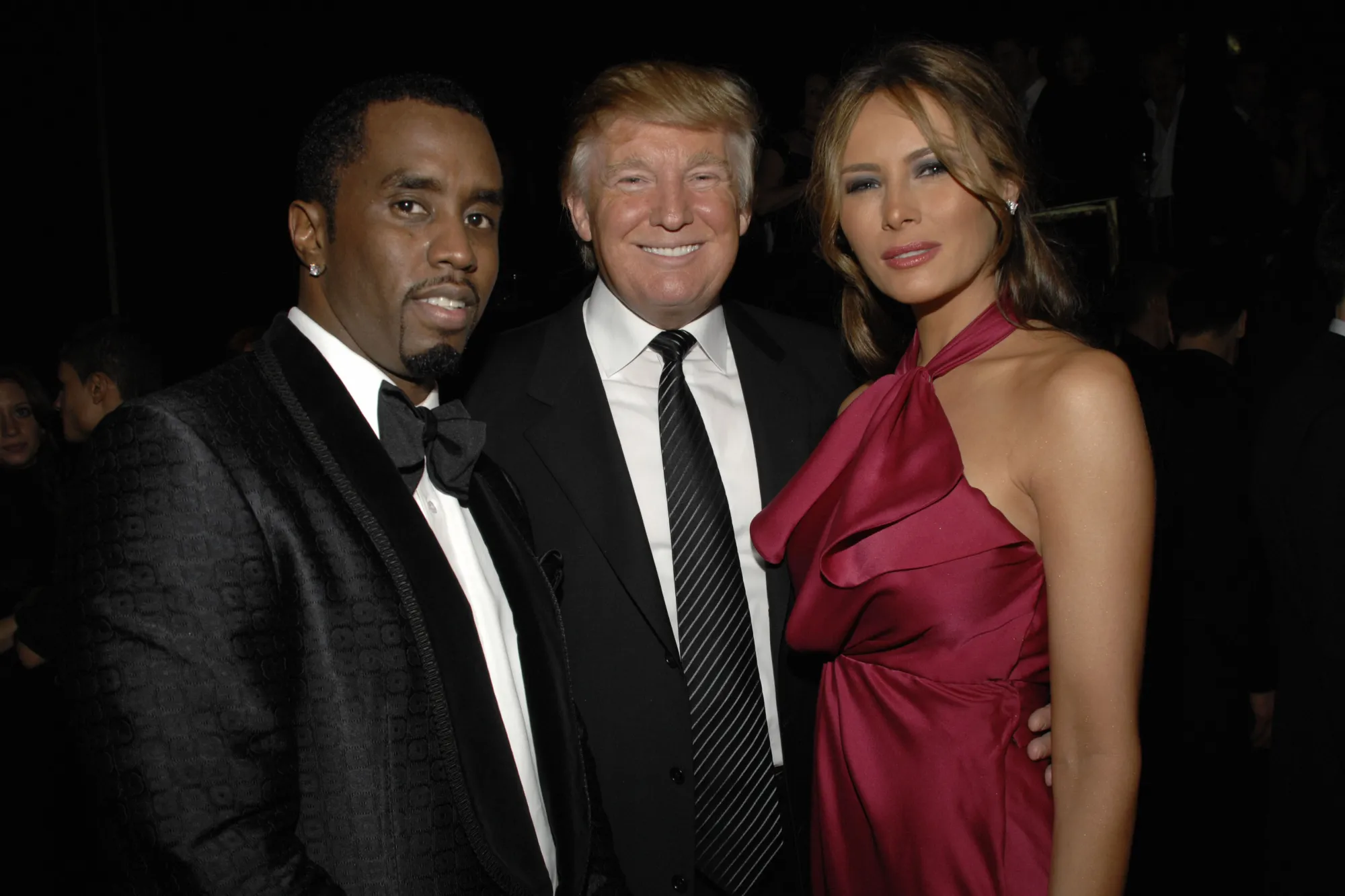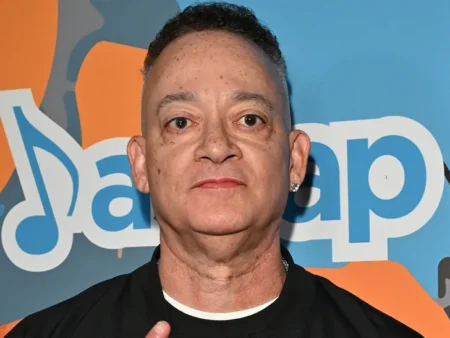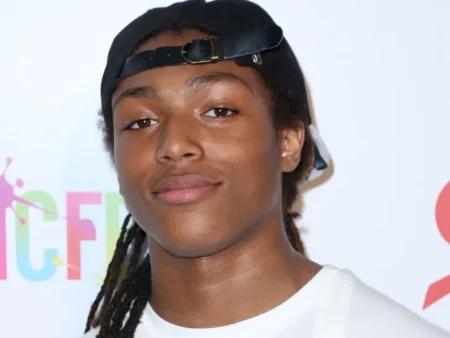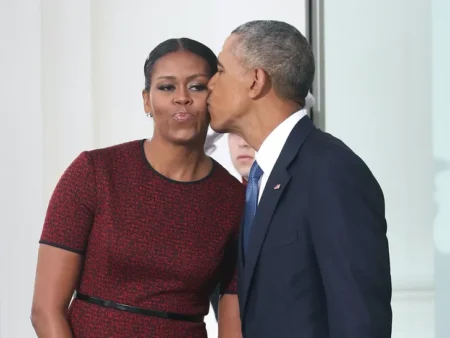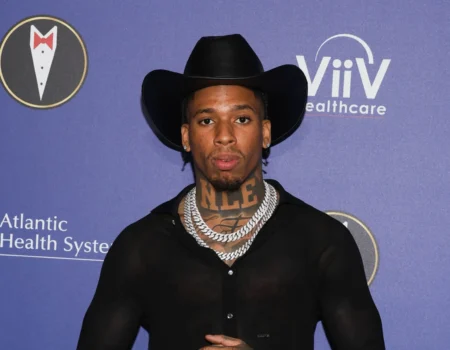R. Kelly’s bid to reduce his 30-year prison sentence has been denied, further cementing his fate after his conviction on federal racketeering and sex trafficking charges. The 2nd U.S. Circuit Court of Appeals in Manhattan upheld the ruling this week, dismissing Kelly’s claims that prosecutors failed to prove he orchestrated a criminal enterprise to exploit women and underage girls. The court found the evidence presented at trial compelling and concluded that his actions met the criteria under federal racketeering laws.
A Significant Moment in Kelly’s Legal Battle
This decision solidifies the outcome of a trial that marked the fall of a once-celebrated R&B superstar. Known for hits like I Believe I Can Fly and Ignition, Kelly’s career unraveled in 2019 following his arrest, decades after allegations of sexual abuse first surfaced. The ruling affirms the strength of the prosecution’s case and ensures Kelly will remain behind bars for the foreseeable future.
Survivors’ Voices and Justice
Throughout the trial, survivors gave detailed and powerful testimony about the abuse and psychological manipulation they endured. Their accounts illustrated the systematic nature of Kelly’s actions and the role his fame and influence played in enabling his behavior. The court emphasized that the evidence showed Kelly led an organized effort to recruit, groom, and exploit women and underage girls. Survivors, who have fought for years to bring Kelly to justice, view this as a significant victory.
Kelly’s Defense Rejected
Kelly’s legal team argued that the government failed to prove he led an organized criminal enterprise. They contended that the trial court overlooked key aspects of his defense, but the appeals court dismissed these claims. The decision underlines the credibility of survivor testimonies and the thoroughness of the prosecution’s case.
Broader Implications for Accountability
This ruling extends beyond Kelly’s case, shedding light on the entertainment industry’s historical issues with power dynamics and abuse. Survivors have often faced significant hurdles in coming forward, including skepticism, public backlash, and a lack of accountability for perpetrators. The firm stance taken by the courts in Kelly’s case sends a strong message that abuse and exploitation, regardless of one’s celebrity status, will not go unpunished.
What’s Next for Kelly?
While Kelly’s legal team may explore further appeals, this decision represents a major blow to their efforts. It reinforces Kelly’s status as a disgraced artist held accountable for years of exploitation and abuse. For survivors, this outcome is a step toward justice and a signal that no one is above the law.
4o




